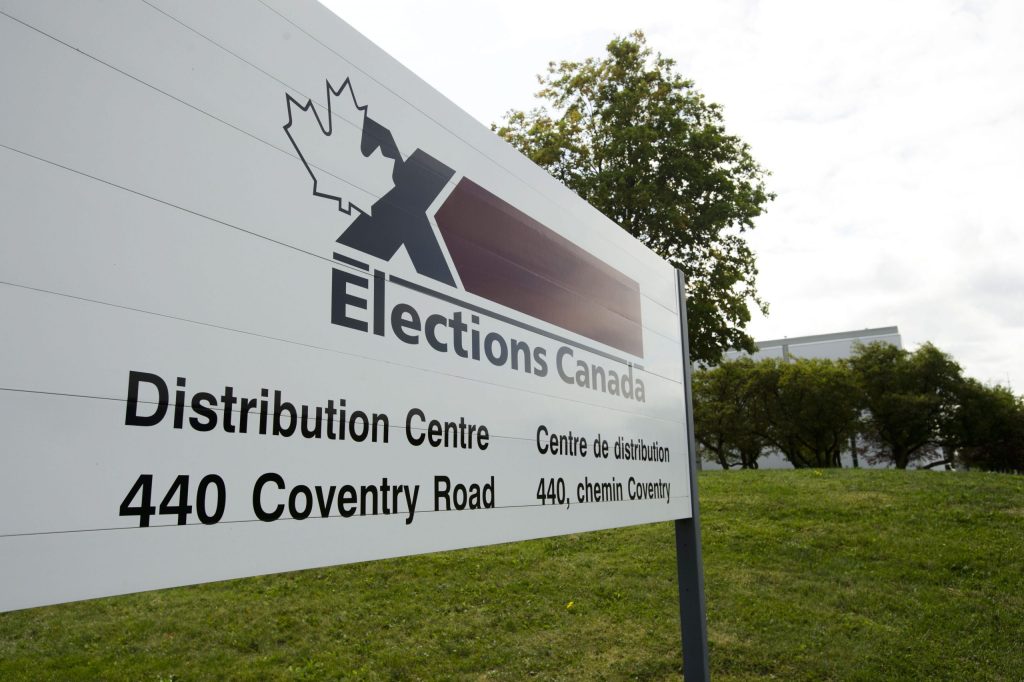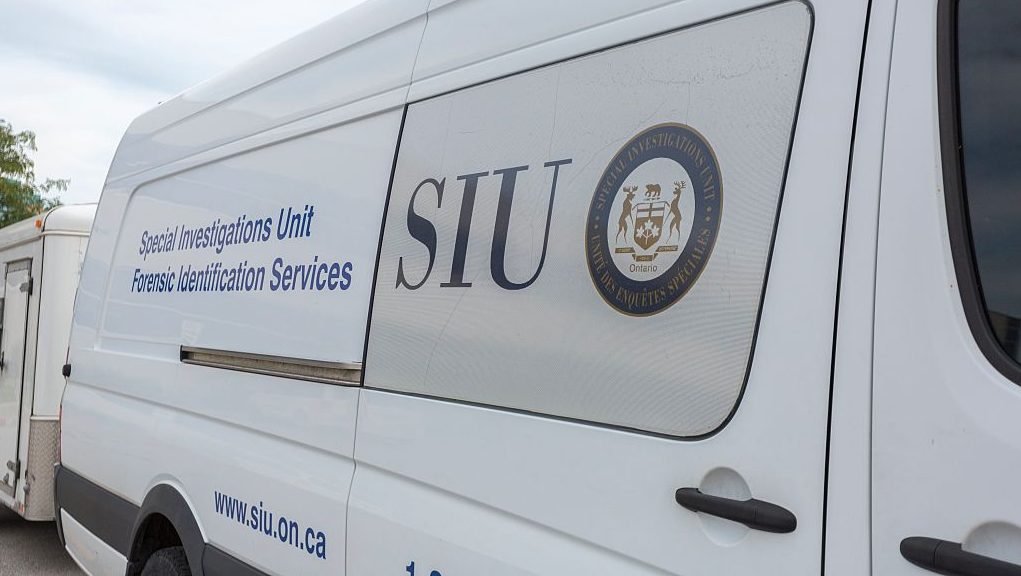‘The strike continues’: LCBO deal hits snag after post-deal fight over strike pay
Posted Jul 19, 2024 12:58:21 PM.
Last Updated Jul 19, 2024 09:50:11 PM.
From deal to no deal back to deal, it was a roller-coaster day involving the LCBO and its striking workers.
A tentative deal reached Friday afternoon to end a two-week-long strike was thrown into question just hours after it was announced as both sides accused each other of acting in bad faith.
The Ontario Public Service Employees Union (OPSEU) representing over 9,000 striking LCBO workers initially trumpeted the agreement, saying the strike would end at 12:01 a.m. Monday and stores would reopen on Tuesday. Two hours later the union emerged to say the strike would continue because the employer refused to sign a return-to-work protocol.
“We were prepared to announce this deal. The premier said there was a deal, but the employer is now refusing to sign that protocol,” an OPSEU spokesperson said Friday.
“Without that document signed, we do not have a deal, the strike continues.”
The LCBO fired back, saying after the agreement was reached the union came back with “significant new monetary demands” as part of the return-to-work protocol and it would file an unfair labour practice against OPSEU.
“To introduce a new set of demands after reaching a tentative agreement amounts to bad faith bargaining,” they said in a brief statement.
OPSEU president JP Hornick disputed that claim, saying the standard return-to-work protocol they submitted was one they have used to settle the past three strikes they have been involved with.
“All three of the other settlements did actually indicate financial compensation for some of the days out on strike (but) it’s not a sticking point,” Hornick stressed. “We put out a proposal. What normally happens is the employer counters with their proposal and you find a resolution.”
On Friday night, the LCBO said an agreement was ultimately reached and an updated protocol had been sent back to the union for their consideration.
OPSEU tells CityNews a final agreement is close and it is hopeful it will be finalized Friday night.
The LCBO published details of the agreement which includes an 8 per cent pay raise over three years, up from 7 per cent from the initial offer. As well, 1,000 casual employees will now become permanent part-time and an additional 60 full-time employees will be hired in warehouse operations. There will also be no store closures for the length of the deal. On the issue of expansion of ready-to-drink beverages into grocery and convenience stores, a non-binding committee made up of union and management will be created to determine how best to implement those plans.
Earlier in the day, Finance Minister Peter Bethlenfalvy said he was pleased that OPSEU and the LCBO reached an agreement to end the strike.
“This is a good deal for workers and welcome news for Ontarians. We look forward to working together to deliver choice and convenience across Ontario,” read his statement.
A major sticking point for the union had been the expansion of ready-to-drink beverages into grocery and convenience stores.
However, the Ford government doubled down on the issue, speeding up its timeline to allow licensed Ontario grocery stores to order and sell ready-to-drink alcoholic beverages and large beer pack sizes ahead of schedule, from August 1 to July 18.
While just 15 per cent of Ontarians said they were impacted by the LCBO strike, the same could not be said for Ontario restaurants.
Industry group Restaurants Canada said eateries across the province were struggling to procure booze amid the strike and empty shelves could be seen at wine retailers.








